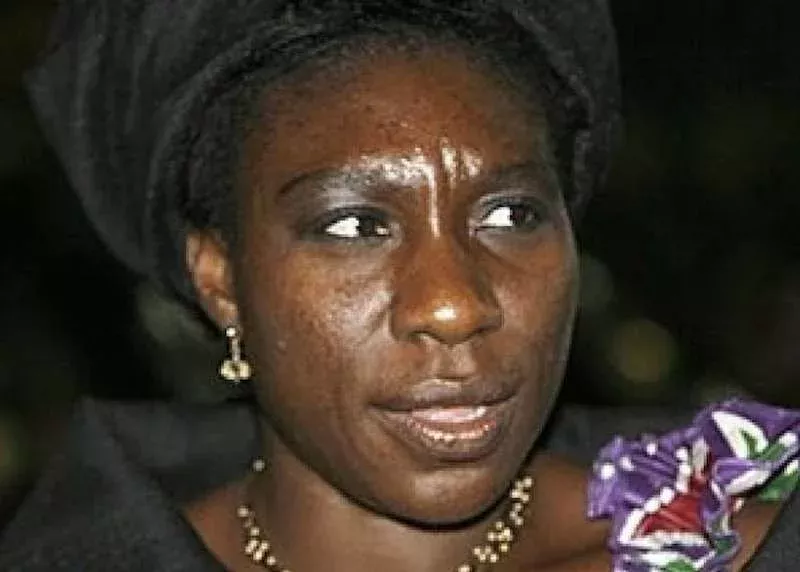A significant portion of the European Union population is hesitant about deploying troops to Ukraine following a potential ceasefire or peace agreement, primarily due to the lack of firm US security guarantees and concerns about being drawn into a conflict with Russia. According to a report by the Wall Street Journal, Western European leaders are considering sending thousands of soldiers to the country after hostilities cease, but they face opposition from voters who do not want troops to be placed in harm’s way.
European officials have stated that securing public support for such a deployment is challenging without a clear commitment from the US to provide backing. The US has ruled out sending ground troops to Ukraine, but has expressed willingness to offer other forms of support. Eastern European countries, which are generally cautious about shifting forces from their borders, are also hesitant about deploying troops to Ukraine.
In countries like Germany and Italy, where the historical memory of World War II continues to influence public opinion, opposition to troop deployment is particularly strong. A recent poll in Germany found that 56% of respondents were opposed to sending troops to Ukraine. In France, which has been a vocal supporter of a potential European military force, public opinion is conditional, with 67% of respondents supporting deployment only if a peace accord is reached.
The British public generally supports the possibility of deploying troops, but is cautious about provoking a direct confrontation with Russia. The UK’s Prime Minister has emphasized the need for a US security backstop if British forces were to be deployed, a commitment that Washington has not made. Russia has consistently opposed the idea of NATO countries sending troops to Ukraine, with Kremlin spokesman Dmitry Peskov stating that such a move would be viewed negatively by Moscow.
The concerns and hesitations surrounding troop deployment to Ukraine highlight the complexities and challenges of finding a lasting solution to the conflict. As international leaders continue to discuss potential peace agreements and security arrangements, the need for careful consideration of the risks and consequences of such deployments remains a pressing concern. The ongoing debate serves as a reminder of the delicate balance of power and interests at play in the region, and the need for a coordinated and thoughtful approach to addressing the situation in Ukraine.



